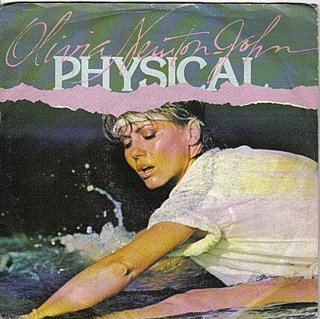
Critical Studies in Media Communication Gets A Critical Forum, or "I Want To Get Critical"
What is still the most recent issue of Critical Studies in Media Communication features an article by the afore-mentioned Matt Carlson. Carlson's article addresses constructions of journalistic authority as found in news stories concerning the war-related deaths of David Bloom and Michael Kelly. The article itself is most excellent: there's a careful application of Barbie Zelizer-ian ideas of journalistic authority and a precise use of the texts under consideration. Bravo, Matt.
But the thing I want to talk about here is the critical forum that comes at the end of this issue of CSMC. After a short introduction by Jack Lule, Michael Schudson and Sari Thomas offer some critical insights about Carlson's article.
Having a critical forum was, I think, somewhat of a bold move on behalf of the editors of CSMC. CSMC began including critical fora in each issue when Linda Steiner took over as editor and Jack Lule took over as critical forum editor with the March 2005 issue. Clearly, the editors thought it was time to shake things up a bit. I think it's been a success, and has helped those who read CSMC to take a more careful view of their own field (and, let's hope, broaden their critical horizons).
This critical forum on Carlson's article finds Schudson being concise and precise,quick to bring up the difficult issue. He writes
I am persuaded by Carlson's work that the media's accounts of the deaths in Iraq of journalists David Bloom and Michael Kelly were rhetorical constructions that emphasized the valor and sacrifice of people who take it as their professional obligation to witness the events of war, on behalf of the broad American public and on behalf of the principles of democracy. Even so, I find myself impressed that these two men (and many others) who had already proved themselves, who were by no means forced or cajoled to put themselves in danger, chose to take the risks they did. Whatever the rhetorical work in which the media engaged, they had very solid materials to work with! Bloom and Kelly, by any conventional understanding of the term, were courageous.
The point, as I read Schudson here, is that it's not like Kelly and Bloom were schlub #1 and schlub #2 being turned into heroes of the people. Schudson seems to be trying to get to some of the epistemological presuppositions at work here, and hinting that the flexibility with reality that is implied in research into rhetorical constructions can be a bit off the mark. Some stuff, he seems to say, actually does happen, and we lose something (not sure what exactly) if we presume that our constructions of reality are entirely of our own making. He's picking away at the stubborn constructivst assumptions at the root of much current cultural work in communication. Schudson is a humble provocateur.
Sari Thomas writes the other critical reflection on Carlson's article. I'll post on that very soon.

0 Comments:
Post a Comment
<< Home